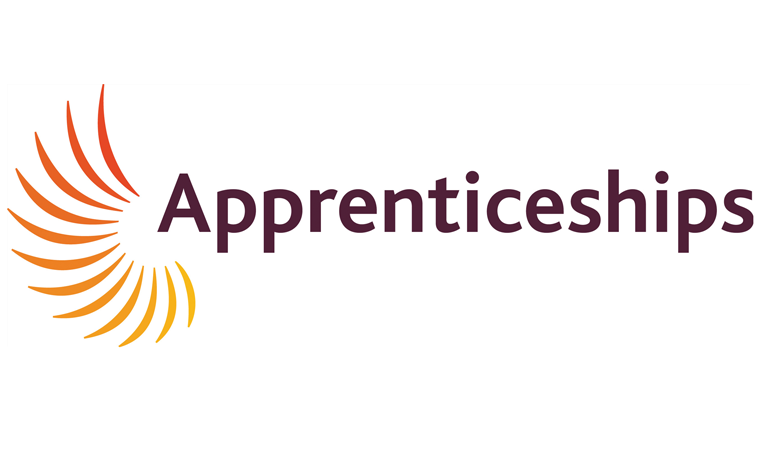 Apprentices do not work under normal contracts of employment. Instead, there are special documents depending on where the apprentice will be employed
Apprentices do not work under normal contracts of employment. Instead, there are special documents depending on where the apprentice will be employedNew research from the Federation of Small Businesses (FSB) reveals that almost one-quarter of SMEs that have taken on an apprentice say this is had a positive impact on their business. The same amount (24%) would consider taking on an apprentice, meaning that one million new apprenticeships could be created.
Recruiting apprentices costs time and money
The study found that the time needed to train a new apprentice is one of the main concerns of business owners. There is also concern about paying the apprentice’s wages, sick pay and holiday pay while they may not be completely up to speed with everything employers need them to do.
Small businesses will also need to make sure their insurance covers them in the event that an apprentice makes a compensation claim over a work-related illness or injury. If the apprentice is the first employee, this may mean the business taking out a liability policy; however, if a firm already has staff, it is likely to already be covered by an existing policy.
One in three employers have admitted greater financial incentives would help to convince them to take on a trainee; however, some support is already available. Apprenticeship grants of £1,500 can be accessed if the firm has under 50 employees and is taking on a young person aged between 16 and 24; in addition, funding is available to cover the cost of their training.
Two out of three firms that hired an apprentice ended up offering them a full-time position once they were fully qualified, with 37% rating the investment cost effective.
Is the government going to make SMEs pay more for an apprentice?
The government has recently revealed details of the levy being introduced next year for apprenticeships, which is to help meet its target of creating three million apprenticeships by 2020. The basics are that any business with a wage bill of over £3m a year has to pay the levy to help fund apprenticeships. This will be charged at 0.5% of the annual wage bill and will be taken through the PAYE system after an annual allowance of £15,000.
The government say businesses can benefit from this cost by training apprentices of their own. Once the levy is paid, they will have access to an account whereby they can obtain funds to pay for training and assessments in England. Separate schemes are being set up for Scotland, Wales and Northern Ireland.
Can smaller firms still recruit apprentices?
If a business has a wage bill of less than £3m, it will not have to pay the levy; however, it will be asked to contribute to training costs. The initial guidance from the government suggests this will be about 10% of the cost, with the government contributing the remaining 90%; however, this still appears to be under review.
More details on the levy are expected to be released in October and December.
Join Over 40,000 Recruiters. Get our latest articles weekly, all FREE – SEND ME ARTICLES
Recruiters love this COMPLETE set of Accredited Recruitment & HR Training – View Training Brochure








